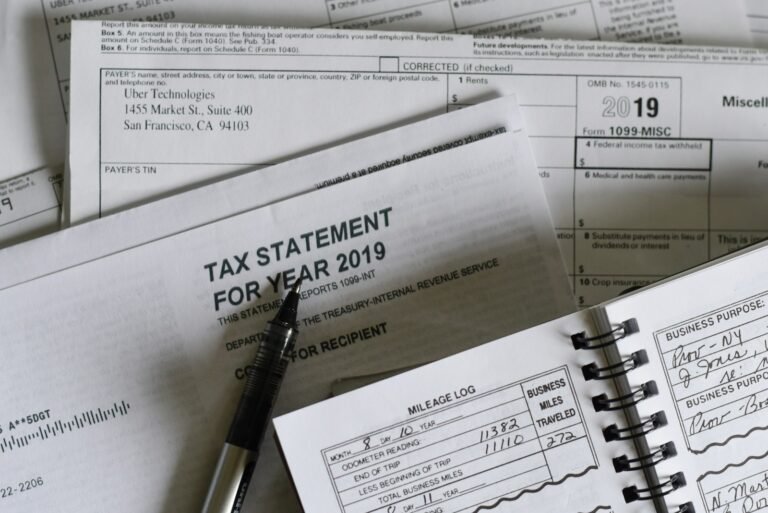
In a significant victory for antitrust enforcement, the U.S. Department of Justice (DOJ) has achieved extensive remedies against Google, following a federal court decision that determined the tech giant unlawfully upheld a monopoly in the online search sector.
In the case of United States et al. v. Google, the U.S. District Court for the District of Columbia found that Google participated in illegal practices that suppressed competition and solidified its market dominance. As part of the court’s resolution, Google is now prohibited from entering or maintaining exclusive agreements related to essential products such as Google Search, Chrome, Google Assistant, and the Gemini app.
The ruling also mandates that Google:
- Share search index and user-interaction data with qualifying competitors.
- Provide syndication services for search and search text ads to rival companies, allowing them to compete more effectively in the digital advertising market.
The remedies are designed not only to break Google’s grip on general search services but also to prevent similar monopolistic tactics in the emerging market of generative AI (GenAI).
“This decision marks an important step forward in the Department of Justice’s ongoing fight to protect American consumers,” said U.S. Attorney General Pamela Bondi. “Under President Trump’s leadership, we will continue our legal efforts to hold companies accountable for monopolistic practices.”
“Today’s decision is an important step towards restoring a fair, free and competitive digital advertising marketplace. Google abused its monopoly to quash innovation and competition, and their illegal conduct harmed us all. We will be watching them like a hawk and will not hesitate to return to the courts to safeguard free and fair competition,” said Connecticut Attorney General William Tong.
“A federal court ruled that Google illegally maintained a monopoly by exploiting its dominance to squash competition and hamper innovation. Google engaged in anticompetitive trade practices to monopolize internet search engines and advertisements,” said Texas Attorney General Ken Paxton. “I’m proud to lead this case and deliver another major win against Big Tech.”
“Google’s monopoly over search engine traffic has illegally held competition back for years,” Washington’s Attorney General Nick Brown said. “The court’s order will finally begin to open more competition for the benefit of consumers and the businesses that advertise via search engines.”
The DOJ initially filed the case in October 2020 during President Trump’s first term. It quickly gained bipartisan support, with 49 states, two territories, and the District of Columbia eventually joining the action.
Assistant Attorney General Abigail Slater, who leads the DOJ’s Antitrust Division, praised the court’s decision while noting that the department may pursue additional relief. “We will continue to review the opinion to consider the Department’s options,” she said.
Details of the Court’s Order
The court’s ruling prohibits Google from entering contracts that:
- Make the licensing of one app (e.g., Chrome) conditional on distributing another (e.g., Google Search).
- Tie revenue-sharing payments to the default status or presence of Google apps.
- Restrict device manufacturers from offering competing browsers or GenAI tools.
- Extend the default placement of Google apps on devices beyond one year.
These actions aim to break the “self-reinforcing cycle” that has allowed Google to dominate the search market for more than ten years. Google has maintained a U.S. search query share of approximately 90%, largely due to a number of exclusive and exclusionary contracts with device manufacturers and browser developers.
The court determined that Google’s business practices effectively excluded competitors, stifled innovation, and restricted consumer options, all of which contravene Section 2 of the Sherman Antitrust Act.
Background and Trial Timeline
“Google’s illegal monopoly on search hurt consumers and stifled innovation. Google’s search platform went from the brilliant disruptor that buried its competitors to the bloated husk that decayed over their graves. This led to reduced quality in search and contributed to the abuses of the narrow West Coast monoculture that suppressed conservative views in the 2020 election,” said Tennesse Attorney General Jonathan Skrmetti. “The Court’s ruling requires Google to provide transparency to advertisers so that consumers have real choices. We continue to review the remedies order and will work to ensure that consumers enjoy the benefit of meaningful competition in search markets. We were glad to help lead a coalition of states fighting alongside Gail Slater’s team at DOJ’s Antitrust Division.”
“No company is too big to play by the rules. Today is a win for consumers and for healthy competition. I am pleased that we held Google accountable and can now focus on repairing the market and better protecting North Carolina consumers,” says North Carolina Attorney General Josh Stein.
“Google’s business practices have long stifled competition and innovation in the lucrative online search markets, which the vast majority of people depend on and interact with every single day. No company, no matter how large or powerful, should be able to maintain industry dominance by illegally thwarting its competitors,” said District of Columbia Attorney General Brian L. Schwalb. “I’m proud to have worked alongside the Department of Justice and my state AG counterparts to secure this significant victory, which will help increase choice for District residents and consumers across the country while leveling the playing field for businesses that are playing by the rules.”
“I welcome the ruling today by Judge Mehta, of the U. S. District Court for the District of Columbia, who, in his 277-page opinion, found: “Google is a monopolist, and it has acted as one to maintain its monopoly.” After a nine-week trial, in which Oregon DOJ directly participated, the judge’s conclusion that Google abused a monopoly in its search business is nothing less than historic. The Google monopoly has had such a powerful influence in the everyday lives of Oregonians. I want to express my thanks and appreciation to the attorneys and staff at Oregon DOJ, as well as our colleagues from all the states and the federal government that worked side-by-side on this extremely complex litigation. This ruling upholds the fundamental principle that every company in America—including the largest ones — is expected to play by the rules and respect the importance of a free and fair marketplace.” By Oregon Attorney General Ellen Rosenblum
The DOJ’s lawsuit, filed in 2020, culminated in a nine-week bench trial beginning in September 2023. In August 2024, the court released a 277-page opinion concluding that “Google is a monopolist, and it has acted as one to maintain its monopoly.”
A 15-day remedies trial followed in May 2025, leading to Tuesday’s historic ruling.
Although the ruling does not go as far as dismantling the company or mandating divestitures, it marks one of the most important antitrust wins against a major tech corporation in many years. Additionally, it establishes a benchmark for overseeing the increasing power of AI-driven tools and search technologies.
Google has not made any public statements regarding the ruling or suggested if it plans to contest the decision.
The DOJ highlighted that enforcement measures like this are crucial for safeguarding competition and fostering innovation within the digital marketplace. “This remedy helps restore choice, opportunity, and fairness for millions of Americans who depend on the internet every day,” said Slater.


















